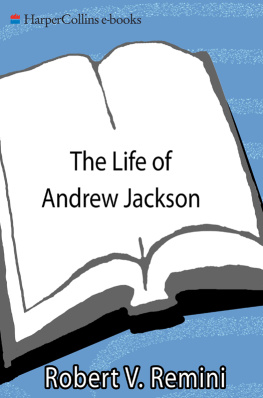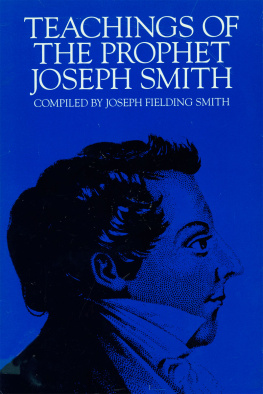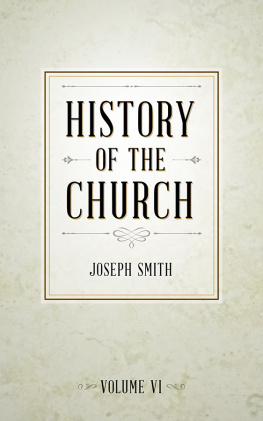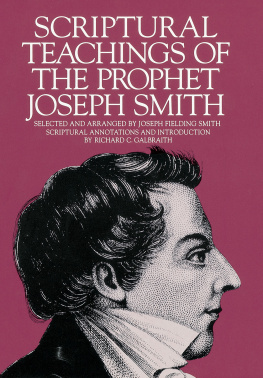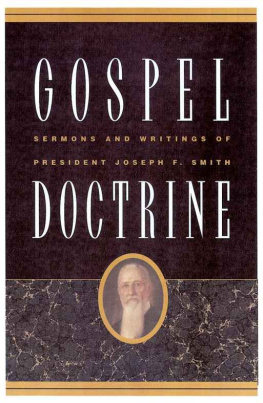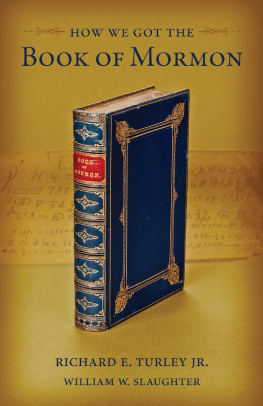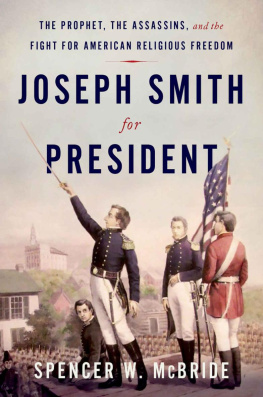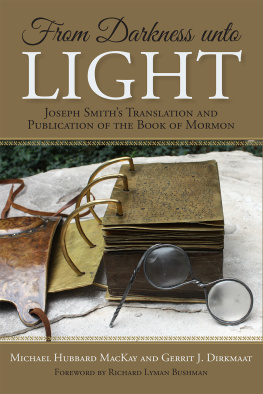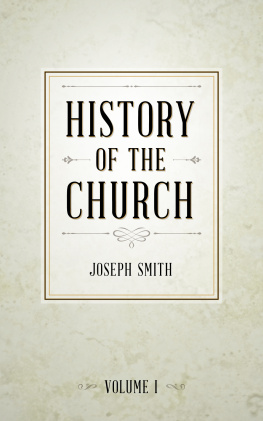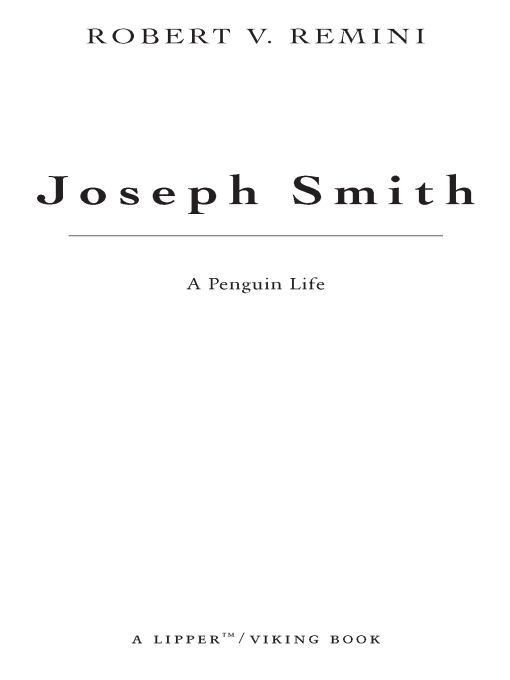Table of Contents
PUBLISHED TITLES IN THE PENGUIN LIVES SERIES:
Larry McMurtry on Crazy Horse
Edmund White on Marcel Proust Peter Gay on Mozart
Garry Wills on Saint Augustine Jonathan Spence on Mao Zedong
Edna OBrien on James Joyce Douglas Brinkley on Rosa Parks
Elizabeth Hardwick on Herman Melville
Louis Auchincloss on Woodrow Wilson
Mary Gordon on Joan of Arc
Sherwin B. Nuland on Leonardo da Vinci
Nigel Nicolson on Virginia Woolf Carol Shields on Jane Austen
Karen Armstrong on the Buddha R. W. B. Lewis on Dante
Francine du Plessix Gray on Simone Weil
Patricia Bosworth on Marlon Brando
Wayne Koestenbaum on Andy Warhol
Thomas Cahill on Pope John XXIII
Marshall Frady on Martin Luther King, Jr.
Paul Johnson on Napoleon Jane Smiley on Charles Dickens
John Keegan on Winston Churchill
FORTHCOMING:
Roy Blount, Jr., on Robert E. Lee
David Quammen on Charles Darwin
Bobbie Ann Mason on Elvis Presley
Kathryn Harrison on Saint Thrse of Lisieux
Hilton Als on James Baldwin
Ada Louise Huxtable on Frank Lloyd Wright
Thomas Keneally on Abraham Lincoln
Simon Schama on Oliver Cromwell
Martin E. Marty on Martin Luther
GENERAL EDITOR: JAMES ATLAS
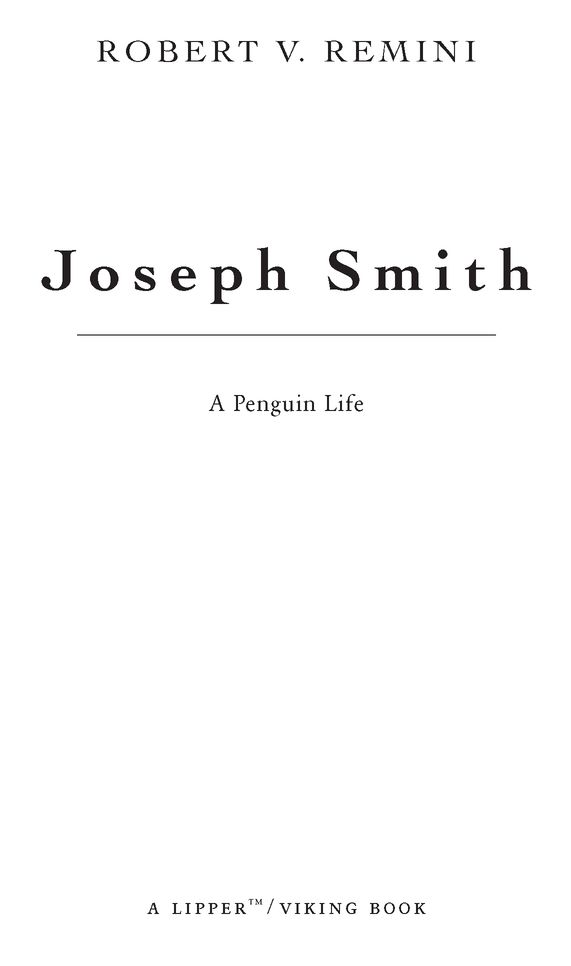
For John W. Wright
and
for his son
who died on September 11, 2001
PREFACE
SINCE ITS FOUNDING in the town of Fayette, Seneca County, New York, nearly two centuries ago, the Church of Jesus Christ of Latter-day Saints (LDS) has become a worldwide religion. More commonly known as the Mormon Church, it claims about eleven million members, and its branches are located throughout the United States, Europe, South America, South Africa, Japan, Korea, the Pacific Islands, New Zealand, and Australia. Its assets, according to some non-Mormon sources, exceed twenty billion dollars, and its annual income is estimated at more than five billion dollars. Its organization, operation, and fundamental beliefs are the same in the Pacific Islands as they are in Salt Lake City, the headquarters of the Church. And its membership and assets keep mounting each year.
The founder of this Church, the Prophet, Joseph Smith Jr., is unquestionably the most important reformer and innovator in American religious history, and he needs to be understood if we want to have a clearer idea about what this country was like in the Jacksonian era, just prior to the Civil War. Because he made such an enduring contribution to American life and culture and because he was influenced by the intellectual milieu and events of his time, I have made a special effort in this book to show the extent to which he and his work reflect the unique characteristics of this extraordinary age. Furthermore, I want to explain many of the factors that account for the ultimate success of Mormonism, despite unrelenting persecution, and what it was about this religion that elicited both savage hatred by some and undying devotion by others. And, of course, I wish to make available to the general reader the basic tenets of the Mormon religion, showing where it parallels and where it sharply diverges from other Christian faiths.
I should make it clear at the outset that I am not a Mormon. As such I faced several problems in writing this book, one of which involved Josephs visions and revelations, which are crucial to an understanding of him, his Church, and the times in which he lived. After considerable thought I decided to present his religious experiences just as he described them in his writings and let readers decide for themselves to what extent they would give credence to them. I am not out to prove or disprove any of his claims. As a historian I have tried to be as objective as possible in narrating his life and work. Mormons will have no problem in believing everything Joseph related about his encounters with the divine. Others may be skeptical, but I hope they will, like me, find his life and legacy of particular importance in better appreciating how this nation developed during the early nineteenth century and how religion played such a commanding role in that process. To put it another way, Joseph Smith is the religious figure in United States history who has had the largest following, and that is true, I think, because so much of what he believed and taught resulted from the social, political, and intellectual dynamism of the Jacksonian age.
Moreover, since a good deal of the documentary evidence about this religion, its origins, and its history comes directly from Mormons, readers will also have to decide for themselves whether or not they are willing to believe what the believers themselves report. And it must be remembered that to a large extent many of these sources were intended to validate Josephs claims, strengthen the faith of his followers, and attract the interest of nonbelievers.
Another problem I faced in writing this book was getting to know Joseph Smith intimately. In the past I have studied and written extensively on the Jacksonian era, and several of my books discuss the religious reforms of the antebellum period, which necessarily include the life and work of the Prophet. Still, I had never studied the man up close. The subjects of my several biographies have been political leaders; Smith was a different breed altogether. I daresay the problem of writing on any religious figureChristian, Jew, Muslim, Buddhist, Hindu, whateveris difficult, because believers see the person as somewhat sacred, and nonbelievers see him or her as strange or fake. So I had much research to do to learn all the details of Smiths life and what made him a unique individual. In this regard I was fortunate to know Lee Groberg, who started me off by sending me a copy of the videotape and script for his film American Prophet: The Story of Joseph Smith, which appeared on PBS, along with Heidi S. Swintons excellently written and lavishly illustrated book of the same title.
Professionally, I was assisted enormously by Professor Richard Lyman Bushman of Columbia University, a Mormon, who provided me with several of his articles, answered some of the toughest questions I had about Josephs teaching, and helped me become acquainted with a number of scholars at Brigham Young University (BYU), particularly those of the Joseph Fielding Smith Institute for the Study of the Church of Latter-day Saints. As a result I was invited to lecture at BYU, where I met and conducted a seminar with members of the history, philosophy, and religion departments. They subsequently in-undated me with books, articles, and doctoral dissertations about their religion and its history, for which I am most grateful.
Among the men and women of that university to whom I owe a particular debt I want to single out first and foremost Scott H. Faulring of the Smith Institute, who not only answered many of my questions about the Mormon Church via E-mail but out of his kindness and generosity presented me with copies of Smiths seven-volume History of the Church, two volumes of selections from the Encyclopedia of Mormonism, his own edition of An American Prophets Record: The Diaries and Journals of Joseph Smith, and the complete Encyclopedia of Mormonism on a CD-ROM. To me he is the embodiment of Mormon virtues.
Ronald K. Esplin, director of the Smith Institute, gave me several boxes of valuable documentary material, including The Papers of Joseph Smith, edited by Dean C. Jessee. In addition he sent along his doctoral dissertation on the emergence of Brigham Youngs Mormon leadership following Smiths assassination. William C. Hartley also provided me with several copies of his articles that had been published in various Mormon journals, and Grant Underwood gave me a copy of his


